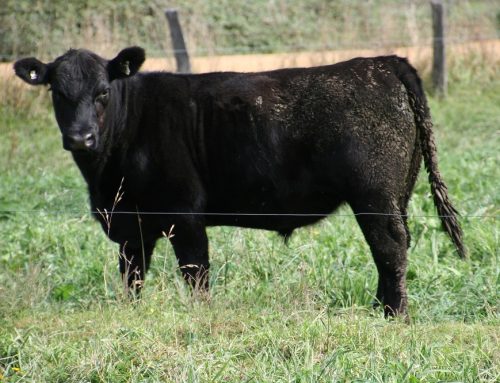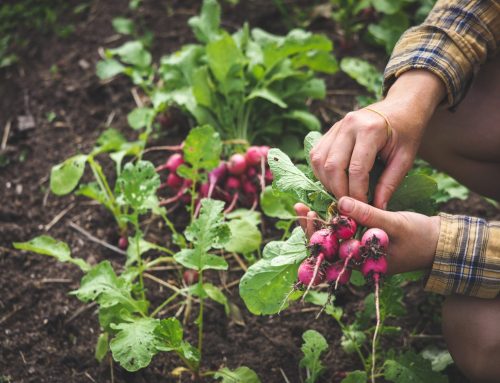View AFSA’s entire submission here.
The current review of the Model Code of Practice for the Welfare of Animals – Domestic Poultry offers the first opportunity in 15 years to improve the minimum welfare standards for domestic poultry in Australia. It provides the chance to modify Australian standards to reflect current animal welfare science and equivalent international developments.
The Proposed Draft is significantly more comprehensive than the previous welfare standards in the 4th Edition, as well as in other welfare codes for ostriches and emus, some of those standards dating back to mid-20th century management practices. We commend the collective and lateral efforts of the Animal Welfare Task Group (AWTG), the Stakeholder Advisory Group (SAG) and Animal Health 9 Australia (AHA), and welcome the opportunity to comment on the Draft during the 90 day public comment period.
It is necessary for Australia to lead a fundamental reshaping of animal welfare standards that meet international standards and community expectations, and that is based on scientific research and available data from Australian farms. Many farmers give ethical reasons for changing towards pastured poultry production methods because of the maximum animal welfare and provenance it offers if well managed.18
This submission aims to contribute on behalf of small-scale, pasture-based poultry producers so that best animal welfare standards can be achieved more readily and regulated appropriately.
In this submission, AFSA will primarily make comment relating to the standards and guidelines for domestic poultry due to scope of our representation of poultry farms extending to small producers of layers, broiler chickens and ducks. As principle, we support best animal welfare practices in the industry as a whole.
What the Proposed Draft means for Farmers- Farmers employing pasture-based practices will lose a once in a generation opportunity to be heard in the decision-making process relating to poultry welfare. Continued large-scale production of poultry will further dominate the market and drive small-scale farmers into ‘niche markets’.
What the Proposed Draft means for Eaters- It will turn a blind eye to popular demand for higher standards of welfare and eaters will continue to have low access to sustainably produced meat and/or eggs that positively impacts quality. Consumer quality perception when purchasing poultry will be informed by perceived standards of welfare and environmental factors that do not in fact meet their expectations.
What the Proposed Draft means for Poultry- Domestically raised poultry in conventional systems will continue to suffer from worse physical and mental states than those in countries with advanced animal welfare standards such as all nations of the EU, various states of the US, New Zealand and Canada.
What AFSA Members want- We demand that the Agriculture Ministers of all states and territories, Premiers and Local MPs support best examples of animal welfare standards using data relating to pasture-based systems. We urge that they back research into better solutions for livestock welfare to meet community expectations and public health interests. We support the development of a more inclusive, science-based system for setting animal welfare standards where an independent body monitors the animal welfare standards and investigates regulatory behaviour.
List of Recommendations
Recommendation 1: Phase out battery systems in the next 3 – 5 years and phase out all cage systems in the next 10 years. This should be done using a strategy to transition the industry such as that used in Austria (where battery cages were prohibited in 2009)19, and supporting long-term management of cage-free systems as done across the EU.
Recommendation 2: Transition poultry systems to free range over 10 years and during that transition reduce the maximum stocking density in barns or sheds (as they are phased out) for non-cage layer hens to 2 birds per metre squared and meat chickens 15kg per square metre. (Option E suggests reducing maximum stocking densities in barns or sheds for non-cage layer hens to 9 birds per m2 and meat chickens 30kg/m2)
Recommendation 3: Current practice of rearing poultry outdoors on pasture for egg and meat production be considered with the updated or new Regulatory Impact Statement and be added as a supporting paper to reflect the absent data on Australian poultry farms.
Recommendation 4: Establish an independent non-governmental body that oversees the development of animal welfare regulation and represents all relevant stakeholders including small-scale farm businesses.
Recommendation 5: Directly source data from Australian pasture-based farms and genuine free-range farms by visitation or by extended consultation in order to obtain correct information about the quality of alternative poultry production.
Recommendation 6: Explore research on alternative agricultural production occurring internationally in order to gain a more comprehensive understanding of the benefits of pasture-based poultry systems. Recommendation 7: Australia primarily sign the Universal Declaration of Animal Welfare.
View AFSA’s entire submission here.




